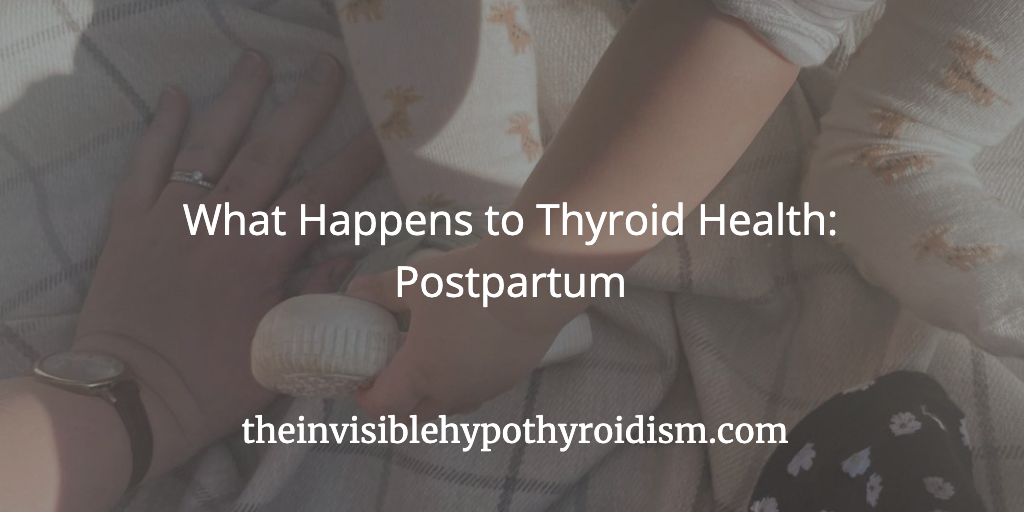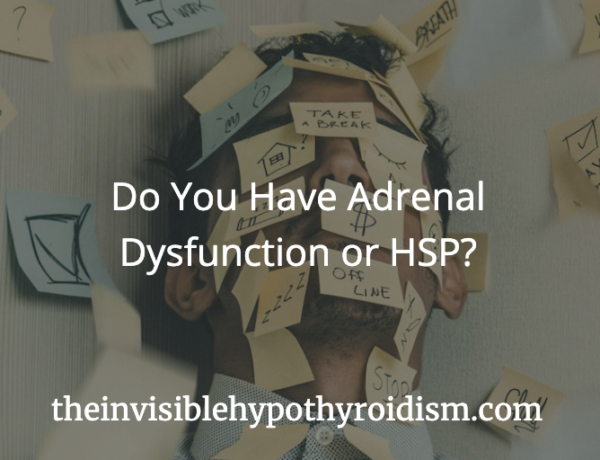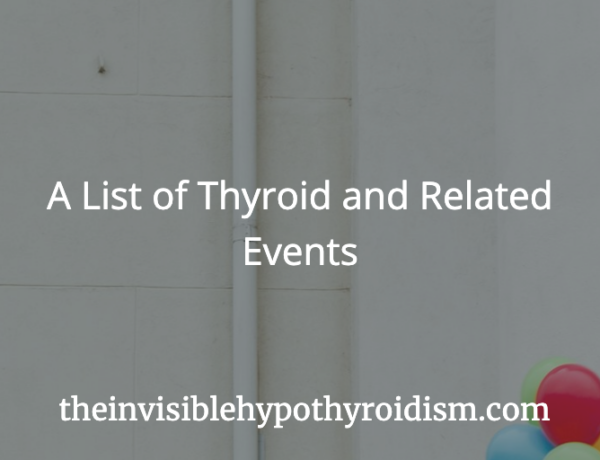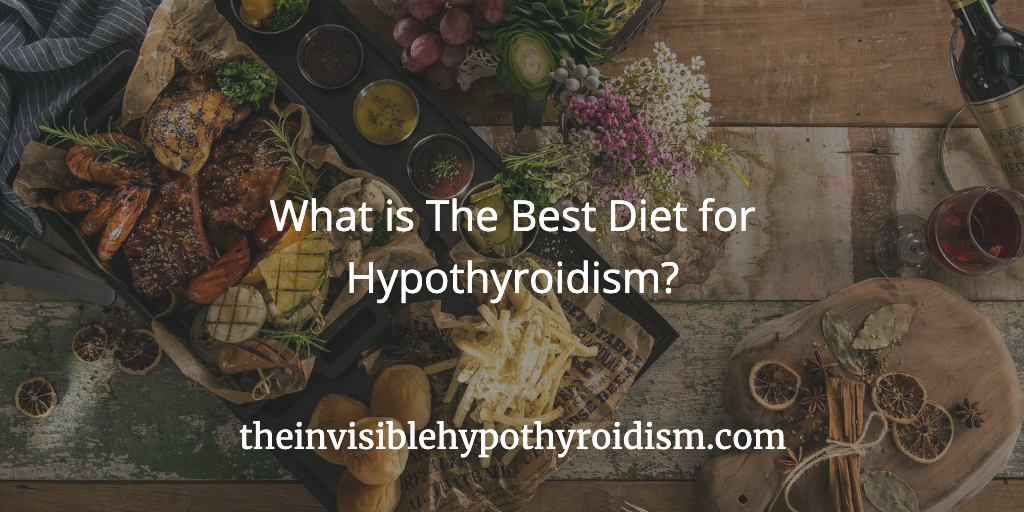Before I ever fell pregnant, I often wondered (and worried) what pregnancy, childbirth and postpartum would do to my thyroid health.
Living with autoimmune hypothyroidism, my health could be up and down and, after having managed to get it stable for a couple of years, I started to think about starting my own family but remained curious about whether it would have any long lasting impact on my Hashimoto’s and hypothyroidism.
Now three pregnancies and two births later (I miscarried my first), I have gained insight that I hope is useful to others perhaps thinking about embarking on this stage in their lives.
What Will Happen to My Thyroid Levels?
During pregnancy
Every pregnancy is unique and I experienced this with mine too. Carrying my firstborn was straightforward in terms of my thyroid levels. We checked them every month, all the way through pregnancy, and they were optimal and stable until the third trimester. At which point I required a small medication dosage increase but this was quickly implemented and I was fine until the end of pregnancy.
My second complete pregnancy was much more high risk and unpredictable. My thyroid levels moved around a lot, suddenly dropping quite a few times and requiring multiple medication adjustments. We still tested the full thyroid panel every month and caught the changes quickly, but I sure felt it a lot more. Thyroid fatigue, hair loss and muscle pain came and went with each need for a dosage change and only disappeared after my medication increase had time to build up. My Hashimoto’s stayed in remission for the entirety of this pregnancy too.
After Pregnancy
What your thyroid levels do after pregnancy and in that postpartum period will also be unique to you. Although the postpartum period is tiring, difficult and a definite time for recovery following pregnancy and childbirth, many find they do better than they anticipated during this time.
After giving birth, I went back to my pre-pregnancy thyroid medication dosage immediately, both times, had my levels tested six weeks later, found they were optimal and felt overall in good health (besides the sleep deprivation that a newborn brings!)
I tested levels again at two months postpartum and they were the same.
But at around six months after the birth of my first child, my thyroid antibodies went up, signalling that my Hashimoto’s was out of remission and boy did I feel it.
Trouble sleeping, feeling heavily fatigued constantly, brain fogged and with muscle aches.
I went back to the functional medicine practitioner I had worked with before, for support in implementing the lifestyle factors I’d done previously and within three months, my Hashimoto’s was back in remission and levels stabilised again.
It is recommended to check your thyroid levels around six weeks after giving birth, eight weeks after that and, if they have stayed stable and you feel well, twice yearly going forward.
For some, their levels may bounce around for longer and require more monitoring until it settles again. Pregnancy and childbirth are huge stresses on the body and this shouldn’t be ignored – many of us require closer than usual monitoring to recover and find a new ‘normal’ during the postpartum period and first year or so of parenting.
However, by the year mark, your levels should hopefully be settled. You may be on a higher dose of thyroid medication than you were pre-pregnancy, but if you’re still feeling unwell, do check which tests you are having run, which should include the full thyroid panel (TSH, Free T3, Free T4, thyroid antibodies) as well as ferritin, Vitamin D and B12 which can deplete following pregnancy and giving birth. Any hair loss, muscle aches and pains or fatigue should be explored with these tests. Postpartum hair loss is a common experience, but if it goes on for longer than a few months, then low thyroid levels or ferritin could be behind it.
Some people experience migraines and headaches as they recover from pregnancy and childbirth and their thyroid hormone levels settle. I certainly did!
Exploring adrenal health following pregnancy and birth can be useful too, since pregnancy is a huge stress on the body and some support here can be much needed.
See Also: The Book Healing Your Body Naturally After Childbirth by Dr. Jolene Brighten for more tips on recovering and supporting your endocrine health.
As parents with hypothyroidism and Hashimoto’s, we can find it tricky to pinpoint what ‘normal new parent tired’ is, and what ‘thyroid tired’ feels like. How do we know what level of tiredness is actually normal as a new parent?
I personally found that it felt much different, and I explain the differences in tiredness here.
Postpartum Thyroiditis
Postpartum Thyroiditis is where the thyroid gland becomes inflamed after pregnancy, and this happens to about 5-7% of women, usually within a few months of giving birth. Interestingly, this is also a form of autoimmune disease. [1], [2]
This usually presents as a painless, small enlargement of the thyroid, and can cause either hyperthyroid or hypothyroid symptoms.
This can also lead to postpartum depression because of its impact on thyroid function.
Common Symptoms
Similar to subacute thyroiditis, there are potentially two phases to postpartum thyroiditis. The inflammation and release of thyroid hormones in to the blood usually first causes symptoms of hyperthyroidism:
- Anxiety
- Increased sensitivity to heat
- Insomnia
- Irritability
- Rapid heartbeat or palpitations
- Tremor
- Unexplained weight loss
These usually occur within a few months of giving birth. It is important to figure out if it’s postpartum thyroiditis or Graves’ disease with proper testing.
As thyroid cells are continually attacked, signs and symptoms of hypothyroidism can develop:
- Lack of energy/fatigue/weakness
- Increased sensitivity to cold/cold hands and feet
- Constipation
- Dry skin
- Difficulty concentrating/brain fog/confusion
- Aches and pains
- Depression
Most women who experience postpartum thyroiditis return to normal thyroid function after about a year, however, around a third develop permanent hypothyroidism. [2], [3]
Hashimoto’s and a permanently underactive thyroid can also develop just from the triggering of pregnancy alone, too. Many people find they are diagnosed with these a few months after giving birth.
What Can I Expect From Breastfeeding?
I am commonly asked whether our thyroid medication is safe to take while breastfeeding and the answer is yes! In fact, it’s crucial for our health as well as milk production.
The hormone prolactin is responsible for the production of breastmilk and is stimulated by TRH (thyrotropin-releasing hormone) which in turn stimulates the production of TSH.
If TRH is low (which is often seen in those with low thyroid hormone levels – untreated or undertreated hypothyroidism) prolactin may also be low which can lead to low breastmilk production.
Therefore, it is not uncommon for people with hypothyroidism to have issues with breastmilk production, but we can overcome and prevent it by maintaining optimal thyroid hormone levels throughout pregnancy and postpartum. Having your TSH, Free T3 and Free T4 levels checked soon after birth and regularly thereafter and optimising them is therefore crucial for good milk supply.
I am occasionally asked if breastfeeding will affect thyroid hormone levels and create a need for more thyroid hormone replacement medication. The answer is: it depends on your body. There is anecdotal evidence to say that some people require an increase in thyroid medication when they start breastfeeding, but this is also taking place directly after pregnancy and birth.
Therefore, how can we be sure that it is the demand for breastmilk increasing the need for an increase in thyroid medication? Many find that they simply require a higher dosage of their thyroid medication after pregnancy anyway.
See Also: My Full Article on Thyroid Related Breastfeeding Problems
What Will My Mental Health Look Like?
Many of us experience tricky mental health periods after pregnancy and childbirth, including anxiety and depression. I had my first child during the 2020 pandemic, which definitely contributed to my diagnosis of postnatal depression.
However, you can support your mental health during the postpartum period by:
- Keeping on top of thyroid levels with regular blood tests and dosage adjustments where needed.
- Testing vitamin levels such as B12, Vitamin D and Ferritin following birth.
- Taking your thyroid medication everyday and not missing doses.
- Prioritising rest and sleep wherever you can (though I know from personal experience that this isn’t always easy with a new child).
Struggles with mental health can have a biological cause, but also a situational one, too. Anxiety and depression can be driven by how you feel that your thyroid condition affects your ability to parent e.g. having low stamina, low energy, thyroid flare ups days, aches, pains and more. You may feel frustrated if your thyroid condition ‘gets in the way’ of enjoying the early days of parenting as much as you thought you would.
Entering parenthood is a huge shift in our lives. I didn’t feel as if I had the swing of things until my firstborn was at least six months old, and even then, I was still exhausted all the time and my thyroid levels weren’t great.
By the time he was 18-months old, my health had been really stable for quite some time and we’d found a rhythm which worked for us and perhaps even more importantly, my health. This included finding the balance of how many hours a day I would be out the house – whether I saved my energy for the morning or afternoon, finding the time and energy to cook nutritious meals again and my little one finally sleeping through the night which meant I was also better rested.
If you have any further questions about thyroid health after having a child, do leave them in the comments below.
Related Article: 9 Ways I Supported My Thyroid Health Postpartum
See also:
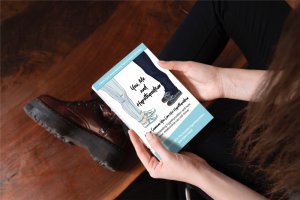
***
References:
[1] https://www.medscape.com/viewarticle/574462
[2] https://www.nhs.uk/Conditions/thyroiditis/Pages/Introduction.aspx#post-partum
[3] https://www.btf-thyroid.org/information/leaflets/38-pregnancy-and-fertility-guide

